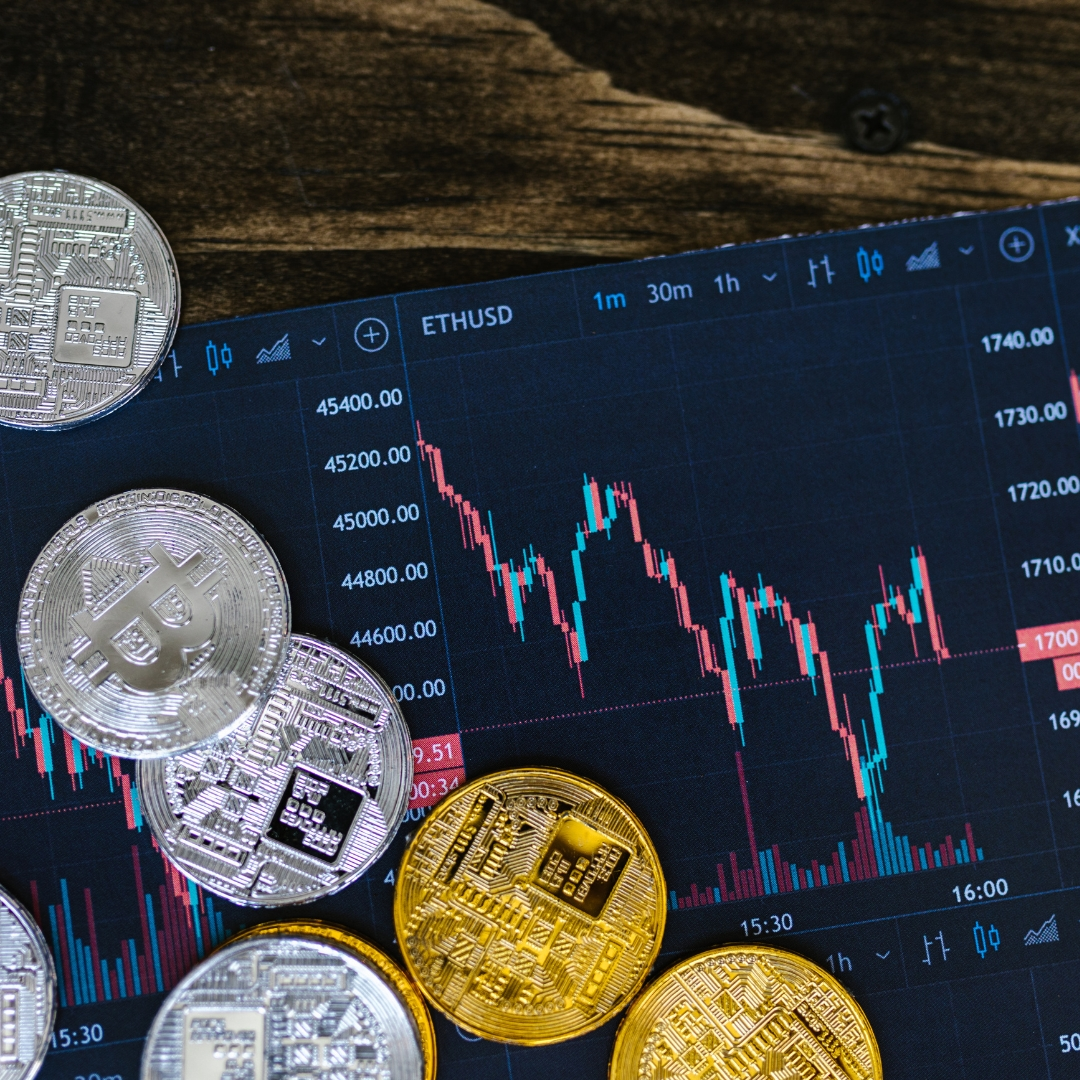
The Impact of Inflation on Your Finances: How to Protect Your Money
Inflation means prices go up over time. This can really affect how much your money can buy. As money’s value drops, your savings and earnings buy less. It’s key to know how inflation works and use smart strategies to fight its effects.
Key Takeaways
- Inflation erodes the purchasing power of your money, making it harder to afford everyday expenses.
- Prioritizing high-interest debt and considering adjustable-rate mortgages can help manage the increased cost of borrowing.
- Utilizing rewards programs and taking advantage of inflation-resistant investments can provide value during times of increased spending.
- Tracking your spending and adjusting your budget accordingly can help maintain financial stability in the face of rising prices.
- Diversifying your investments and exploring inflation-protected options can help preserve the real value of your savings.
Understanding Inflation’s Impact on Your Purchasing Power
What is Inflation and How Does it Affect Your Money?
Inflation means prices go up over time. This makes your money worth less. You can buy fewer things with the same amount of money than before. Inflation touches everything from groceries to big buys like homes and cars.
The impact of inflation on what you can buy is big. In the 1970s and early 1980s, inflation hit 14%, hurting Americans a lot. After the 2008 financial crisis and the European debt crisis, people’s buying power was hit hard.
To fight inflation, governments use tools like quantitative easing. This means making more money and lowering interest rates to help the economy. But, in extreme cases, like after World War I in Germany, inflation can destroy a currency’s value.
Knowing how inflation changes your money’s value is key to smart money choices. The Consumer Price Index (CPI) tracks inflation and how much things cost in the U.S. It looks at the prices of everyday items and services.
| Indicator | Impact on Purchasing Power |
|---|---|
| Inflation rate above target (e.g., 2% in the U.S.) | Decreased purchasing power |
| Investment return below inflation rate | Decreased real return |
| Wage increase below inflation rate | Decreased purchasing power |
Understanding inflation helps you make better money choices. It lets you protect your money’s value over time.
Strategies to Mitigate the Effects of Inflation
Rising inflation is a big challenge for our finances. To fight it, we should invest in assets that keep their value, like commodities, real estate, and TIPS. These options have done well when prices go up, helping to keep our buying power strong.
It’s also smart to check your budget and cut back on things you don’t really need. Don’t keep too much cash, as it loses value over time. But, make sure you have enough saved for emergencies. Using smart tax strategies and planning for the future can also help fight inflation’s effects.
In 2022, many parts of the world saw inflation rates over 10%. The US, UK, and euro area had rates of 6.5%, 10.5%, and 9.2% respectively. This has made many small businesses worry about going under. So, managing your money well is more important than ever.
Business leaders are now using scenario planning to fight inflation. They test different financial scenarios to see how they might be affected. By controlling costs, managing their supply chains better, and raising prices carefully, companies can stay strong despite inflation.
Groups like the Federal Reserve help control inflation with their policies. But, individuals and businesses can also act to lessen its blow. By planning carefully and diversifying, we can protect our money and get through tough economic times.

“Preventing inflation is primarily the responsibility of a nation’s central bank, which implements monetary policy through interest rate adjustments. Fiscal policy, enacted through legislative action, can also aid in controlling inflation by reducing spending and increasing taxes.”
Managing Debt During Inflationary Periods
As inflation goes up, managing debt is key. When inflation is high, the interest on things like credit cards goes up too. This makes paying off debt harder. It’s important to pay off high-interest debt fast.
Prioritizing High-Interest Debt and Considering Adjustable-Rate Mortgages
Thinking about getting a new mortgage? An adjustable-rate mortgage (ARM) might be better than a fixed-rate one when inflation is high. ARMs have rates that can change, but they might be lower at first. This could save you money if rates drop later. Fixed-rate mortgages, on the other hand, keep the same rate for the loan’s life. This can be costly when prices are rising.
Financial institutions offer balance transfer deals with 0% interest rates to help with debt during inflation. Companies might also consider pay raises during these times. They understand that prices are going up and want to help their employees keep up.
| Debt Management Strategies | Potential Benefits |
|---|---|
| Prioritize paying down high-interest debt | Reduces the burden of rising interest rates |
| Consider adjustable-rate mortgages (ARMs) | Offers lower rates in the short term and flexibility to benefit from falling rates |
| Utilize balance transfer options with 0% introductory interest rates | Provides temporary relief from high interest costs |
| Negotiate expenses and bills | Potential to lower monthly payments and manage cash flow |
By acting fast to manage debt during inflation, people can lessen the effects of high interest rates. This helps make their finances stronger.

financial inflation tips
Inflation is affecting our money, so it’s key to act now to protect your savings. Here are some tips to help you deal with rising prices:
- Evaluate Your Savings: Make sure your savings are in accounts that earn interest. This helps keep your money’s value steady.
- Track Your Spending: Check your budget often and cut back on things you don’t really need. This frees up money for important costs.
- Prioritize High-Interest Debt: Pay off credit card debts and other loans with changing rates first. This saves you money during inflation.
- Consider Adjustable-Rate Mortgages: For new homes, think about adjustable-rate mortgages. They might offer lower rates and more flexibility than fixed-rate ones.
- Take Advantage of Rewards Programs: Use rewards programs to earn points or cash back on your buys. This can help lower the impact of inflation.
Using these tips, you can keep your money safe and its value steady when prices go up. Being proactive with your money can help you handle inflation better and protect your financial health.

“Inflation is as violent as a mugger, as frightening as an armed robber, and as deadly as a hit man.” – Ronald Reagan
Conclusion
Dealing with high inflation needs a full plan. Knowing how inflation affects your buying power is important. Using inflation protection strategies and financial inflation tips helps keep your money safe.
Having a mix of investments, managing your debts well, and watching your budget closely can help you handle rising costs. It’s important to stay updated, act early, and make smart money choices. This way, you can protect your money from inflation’s harm.
The economy is always changing, so staying alert and adjusting your plans is key. By following the advice in this article, you can deal with high inflation. You’ll build a stronger, more stable financial base for the future.


